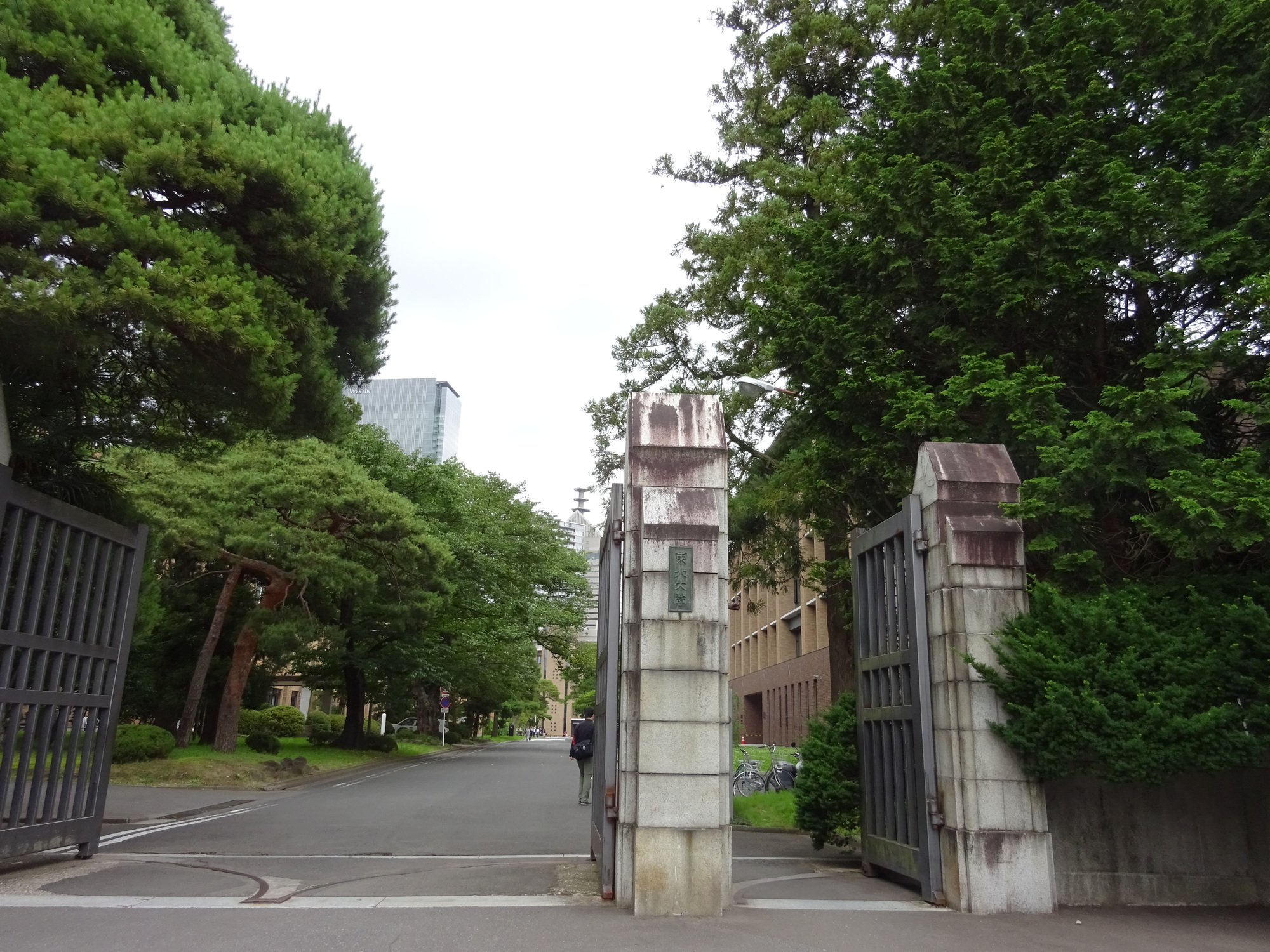A research group led by Professor Ken Kosaka of Tohoku University found a significant association between tooth loss and the onset of dementia, and the association was a social factor such as the number of people interacting with friends and acquaintances. He also clarified that nutritional factors such as the intake of vegetables and fruits are partially explained.
Risk factors for the development of dementia include hypertension and diabetes, deterioration of mental condition, decreased physical activity, and decreased social interaction.The oral cavity is an organ used for conversation and eating, and the oral cavity may affect the onset of dementia through routes such as nutrition and social interaction, but the relationship between the oral condition and the onset of dementia. There were no studies investigating.
In this study, 2010 people who responded to the 2013, 2016, and 35,744 surveys of data from the Japan Gerontological Evaluation Research Organization were included in the analysis (54.0% of women).The average age is 73.1 years for men and 73.2 years for women.Analyze what mediates (intermediates) the causal relationship between the number of teeth and the onset of dementia.The parameters used were weight loss, sufficient vegetable and fruit intake (at least once a day), withdrawal, and the presence or absence of interaction (1 or more).
2010年時点で13,580人(38.0%)が20本以上の歯を有しており、1,776人(5.0%)が2013~2016年に認知症を発症した。解析の結果、歯の喪失が認知症発症に有意に関連しており、特に男性では、友人・知人との交流人数が口腔と認知症との関係を13.79%、女性では野菜や果物摂取が8.45%の割合で説明し、大きな役割を果たしていた。
The research group says that leaving as much teeth as possible helps maintain social relationships with family and friends, and may help prevent the onset of dementia through good nutrition.
Paper information:[Journal of Dental Research] Oral status and dementia onset: Mediation of nutritional and social factors

